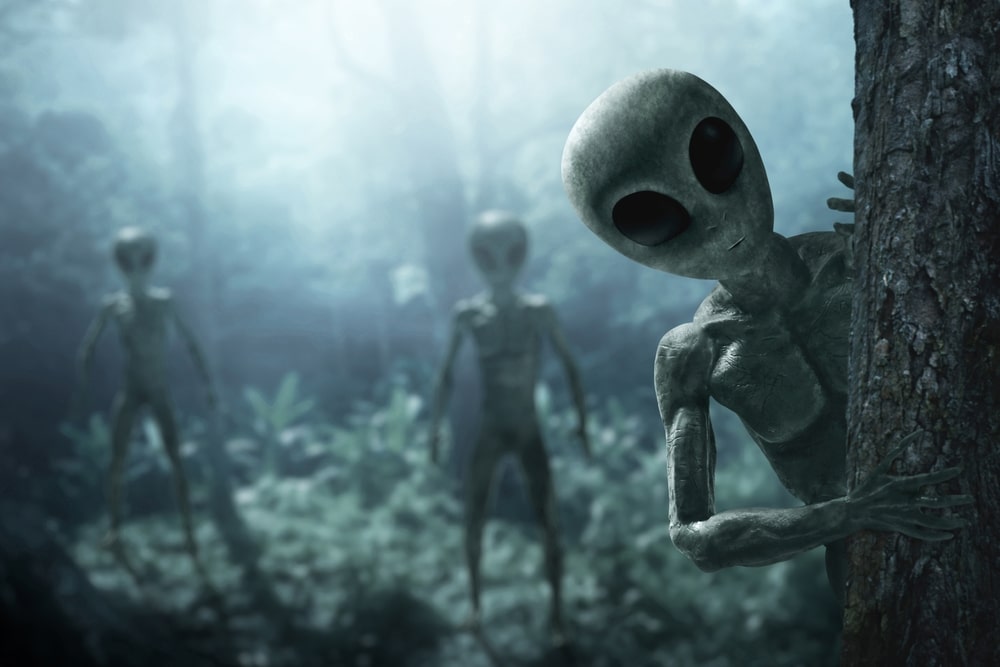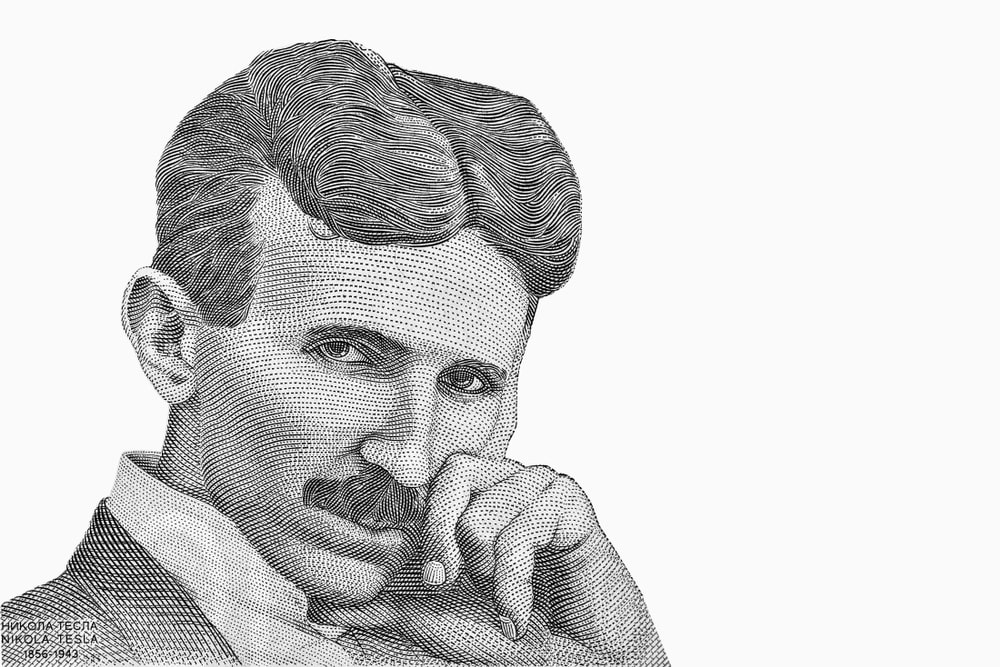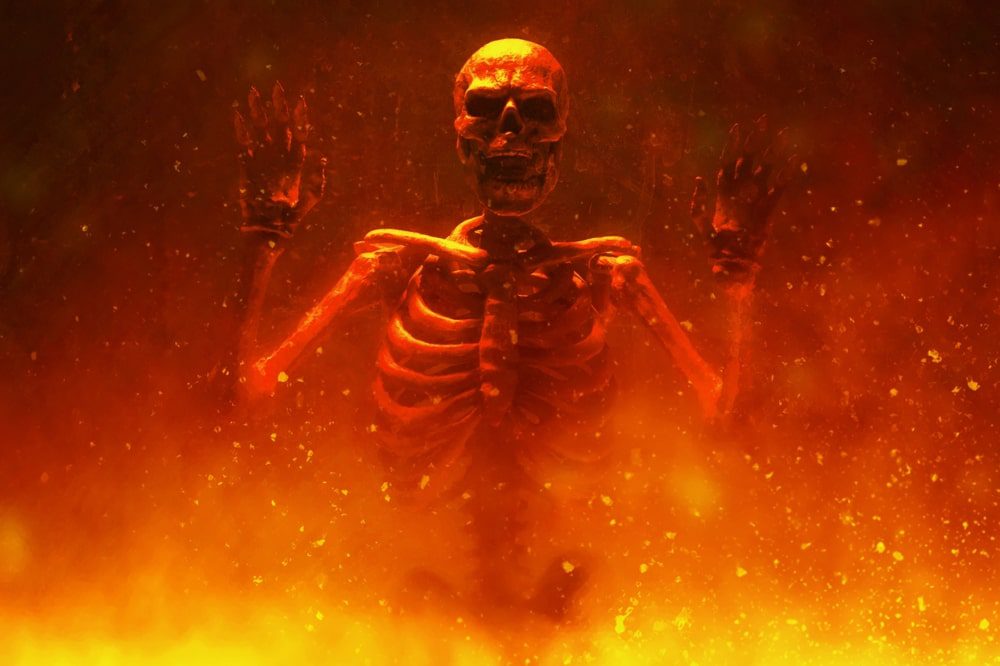The father of the atomic bomb was an interesting character, to say the least…
J. Robert Oppenheimer is best known as the “father of the atomic bomb” for creating the 1st nuclear weapon during World War II.
The theoretical physicist was the director of the Manhattan Project’s secret Los Alamos Laboratory, which developed the bombs that annihilated an estimated 200,000 people in Nagasaki and Hiroshima in 1945.
Born in NYC in 1904, Oppenheimer received his Ph.D. in physics when he was a mere 23 years old. After this, he began teaching physics at Berkeley, the University of California, and the California Institute of Technology.
In 1942, General Leslie Groves Jr. asked Oppenheimer to lead the Manhattan Project despite concerns regarding the physicist’s lack of managerial knowledge and Nobel Prizes, which is something many of the other candidates had.
When the war concluded, Oppenheimer served on the US Atomic Energy Commission, where he pleaded for more leadership regarding the use of nuclear weapons and fought the construction of the hydrogen bomb.
But we just told you SOME of the most COMMON facts about this brilliant mind. Let’s take a look at 6 of the most REMARKABLE things you might not know about J. Robert Oppenheimer.
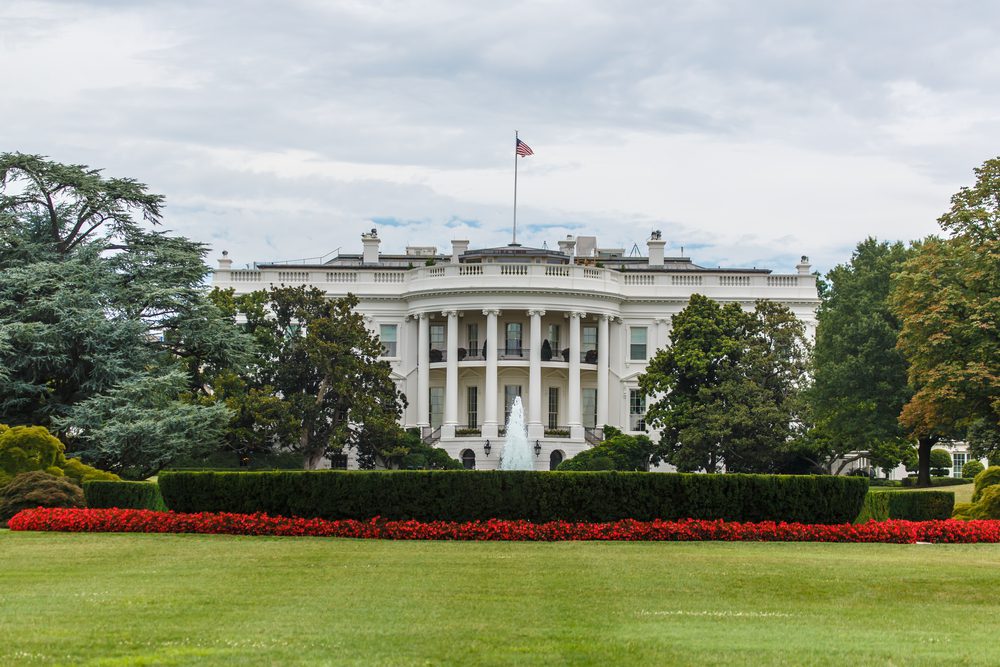
President Truman called him a “crybaby.”
The father of the atomic bomb was influential in relaxed settings. But he had an awful tendency to crack under pressure.
Only a couple of months after dropping atomic bombs over Nagasaki and Hiroshima, J. Robert Oppenheimer met President Truman at the White House to talk about his unease about a possible future nuclear war with the USSR.
Truman brushed off Oppenheimer’s concerns, assuring the physicist that the Soviets would never be capable of developing an atomic bomb. Frustrated with the president’s cluelessness, Oppenheimer twisted his hands and said quietly: “Mr. President, I feel I have blood on my hands.”
Truman was outraged by this remark and promptly concluded the meeting. “Blood on his hands, dammit! He hasn’t half as much blood on his hands as I have,” Truman declared. “You just don’t go around bellyaching about it.”
Truman later told his secretary of state: “I don’t want to see that sob in this office ever again.”
Truman regularly returned to the topic of the Oppenheimer meeting with Acheson, writing in 1946 that the father of the atomic bomb was a “crybaby scientist” who came to “my office some five or six months ago and spent most of his time wringing his hands and telling me they had blood on them due to the discovery of atomic energy.”
He was the first to suggest the existence of black holes.
Oppenheimer was a tireless amateur and adored pursuing his intellectual curiosity in any direction it might have taken him. After discovering the world of astrophysics, the father of the atomic bomb began publishing papers on theorized, undiscovered cosmic objects.
These documents contained calculations of the properties of white dwarfs, the dense glowing embers of dead stars. And also the theoretical mass limit of neutron stars, the incredibly thick husks of exploded stars.
But his most stunning astrophysical prediction came in 1939 when he co-wrote with his then-student Hartland Snyder: “On Continued Gravitational Contraction.”
The paper indicated that, far in the abyss of space, “dying stars might exist whose gravitational pull exceeded their energy production.” The article received little to no attention back then.
But it was later rediscovered by physicists who acknowledged that Oppenheimer had predicted the existence of black holes.
Did Einstein call him a fool?
It looks like Truman isn’t the only one who had issues with the father of the atomic bomb! Oppenheimer’s incredible intellect and extensive learning didn’t always overpower his emotional immaturity and political innocence.
One such example was his conflict with Albert Einstein during the peak of the McCarthy Red Scare. After bumping into Einstein at the Institute for Advanced Study in Princeton, he spoke with his associate about the growing measures to withdraw his security clearance.
Albert Einstein advised his colleague that he didn’t have to surrender himself to a brutal investigation and trial by the Atomic Energy Commission. He could simply walk away.
But Oppenheimer replied that he would do more good from inside Washington than from the outside and that he was determined to stay and fight. It was a battle the father of the atomic bomb would lose, unfortunately. And the loss affected him for the rest of his life.
Einstein walked to his office and, nodding at Oppenheimer, said to his secretary, “There goes a narr,” which is Yiddish for “fool.”
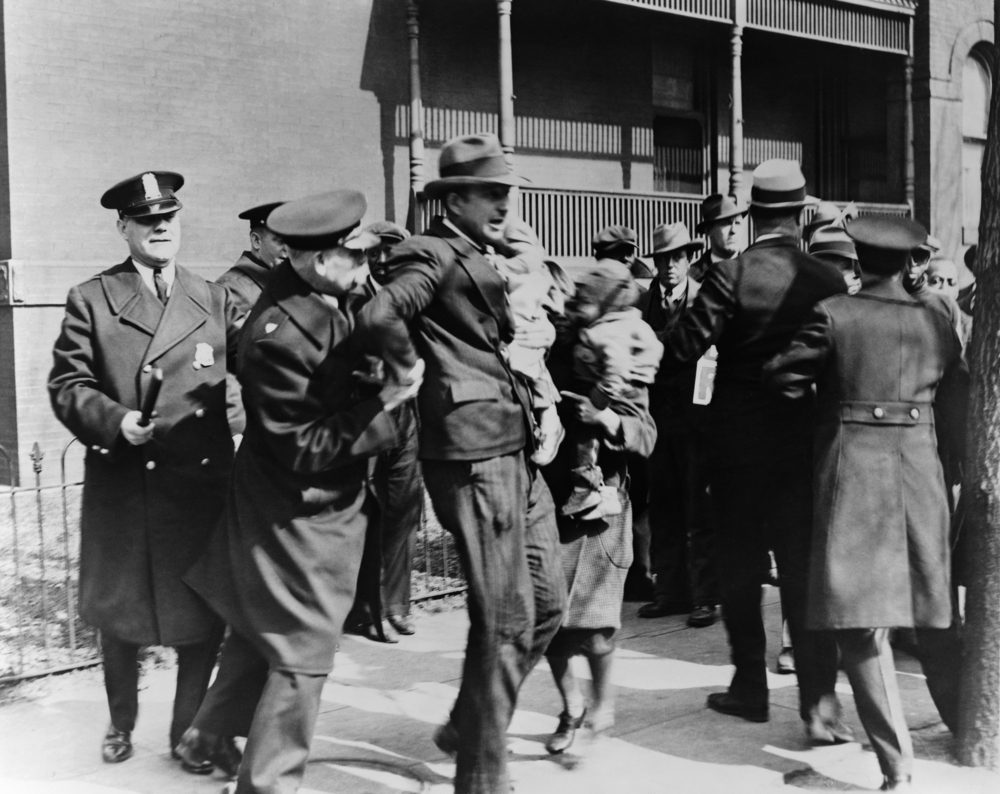
He was associated with communism during the Great Depression.
The Great Depression fueled an interest in workers’ rights and communism in our country. By the end of the 1930s, J. Robert Oppenheimer attended many events supporting leftist causes. He donated to the anti-fascist Republicans in the Spanish Civil War.
And was a subscriber to the leftist newspaper “People’s World.” Though he never officially joined the US Communist Party, many people around him did, including his brother, mistress, and his wife.
Even though the United States took the Soviet Union’s side when it entered World War II, conservative officials were still distrustful of likely communists.
During the first Red Scare from 1917 to 1920, officials persecuted anyone suspected of socialism, communism, anarchism, or pro-worker activity.
The Army general who appointed the father of the atomic bomb to lead the Manhattan Project’s laboratory knew of Oppenheimer’s communist associations. But he didn’t consider them a noteworthy problem.
When the war ended, Oppenheimer’s opponents used these associations to slander him as a security threat.
Did he try to poison his professor with an apple?
Oppenheimer’s counsel at Cambridge was Patrick Maynard Stuart Blackett, a gifted experimental physicist whom Oppenheimer envied.
Despite Oppenheimer’s well-known impracticality, Blackett forced his student into laboratory work. Oppenheimer’s endless failures in the lab and inability to win Blackett’s acceptance made him extremely anxious.
And engulfed by his jealousy, Oppenheimer might have taken some drastic measures. A longtime friend, Francis Fergusson, declared that the father of the atomic bomb once admitted that he laced an apple with toxic chemicals and left it on Blackett’s desk.
But there’s no objective evidence of this incident beyond Fergusson’s affirmations. And Oppenheimer’s grandson, Charles Oppenheimer, denies that this ever happened. Regardless, if there WAS a poisoned apple, Blackett didn’t eat it.
It is said that Oppenheimer faced expulsion, and possible criminal charges might have taken place. But his father moderated and arranged that his son be put on academic probation instead.
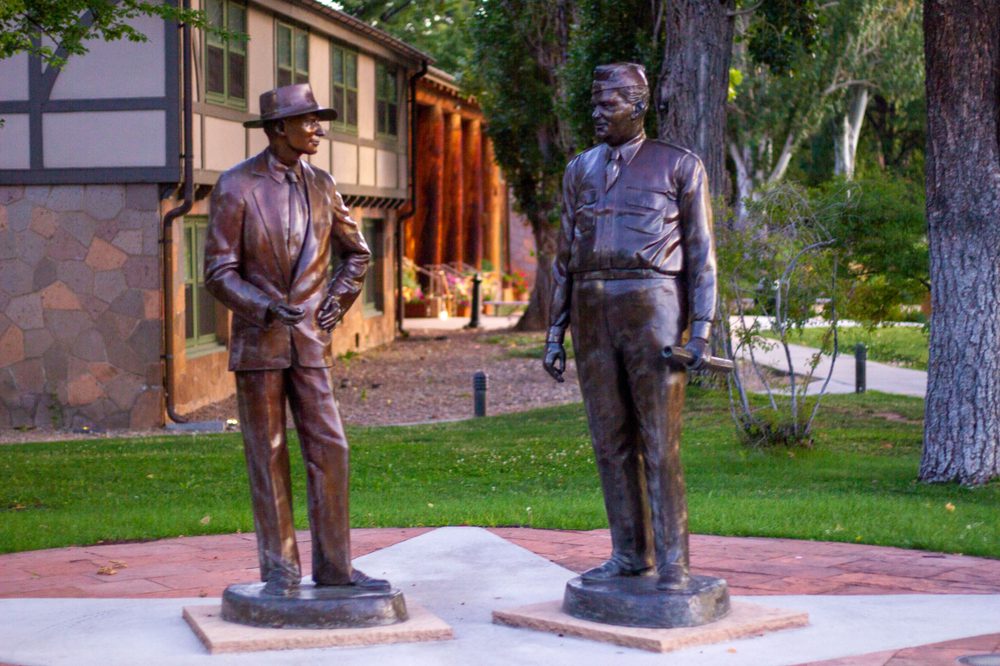
He spoke six languages, including ancient Sanskrit.
J. Robert Oppenheimer loved intellectual challenges and welcomed any opportunity to demonstrate his prodigious capacity of soaking up information.
He spoke six languages: Greek, French, Latin, German, and Dutch, which he learned in two and a half months in order to deliver a lecture in the Netherlands and the ancient Indian language of Sanskrit.
The father of the atomic bomb also read a lot of books that were outside of his field. He informed his friends that he had read all three volumes of Karl Marx’s “Das Kapital” on a three-day train trip to New York.
And that he had similarly consumed Marcel Proust’s “A La Recherche du Temps Perdu” to heal his depression. The English version: “In Search of Lost Time” can be found on Amazon. Similarly, on vacation in Corsica, he learned Sanskrit to read the Hindu scripture: the Bhagavad Gita.
Oppenheimer’s close reading of the Gita gave him his most famous quote.
In a 1965 NBC interview, he recalled his thoughts upon seeing the mushroom cloud from the first successful atomic bomb test: “We knew the world would not be the same. A few people laughed, a few cried, and most were silent. I remembered a line from the Hindu scripture, the Bhagavad Gita. Vishnu is trying to persuade the Prince that he should do his duty and, to impress him, takes on his multi-armed form and says, ‘Now, I have become Death, the destroyer of worlds.’ I suppose we all thought that one way or another.”
No matter what you may think of him, Oppenheimer’s contributions to science were significant. Do you agree? Let us know in the comments below!
And if you enjoyed this post, we also recommend checking out: 5 Random Facts You Learned in School That Are No Longer True





